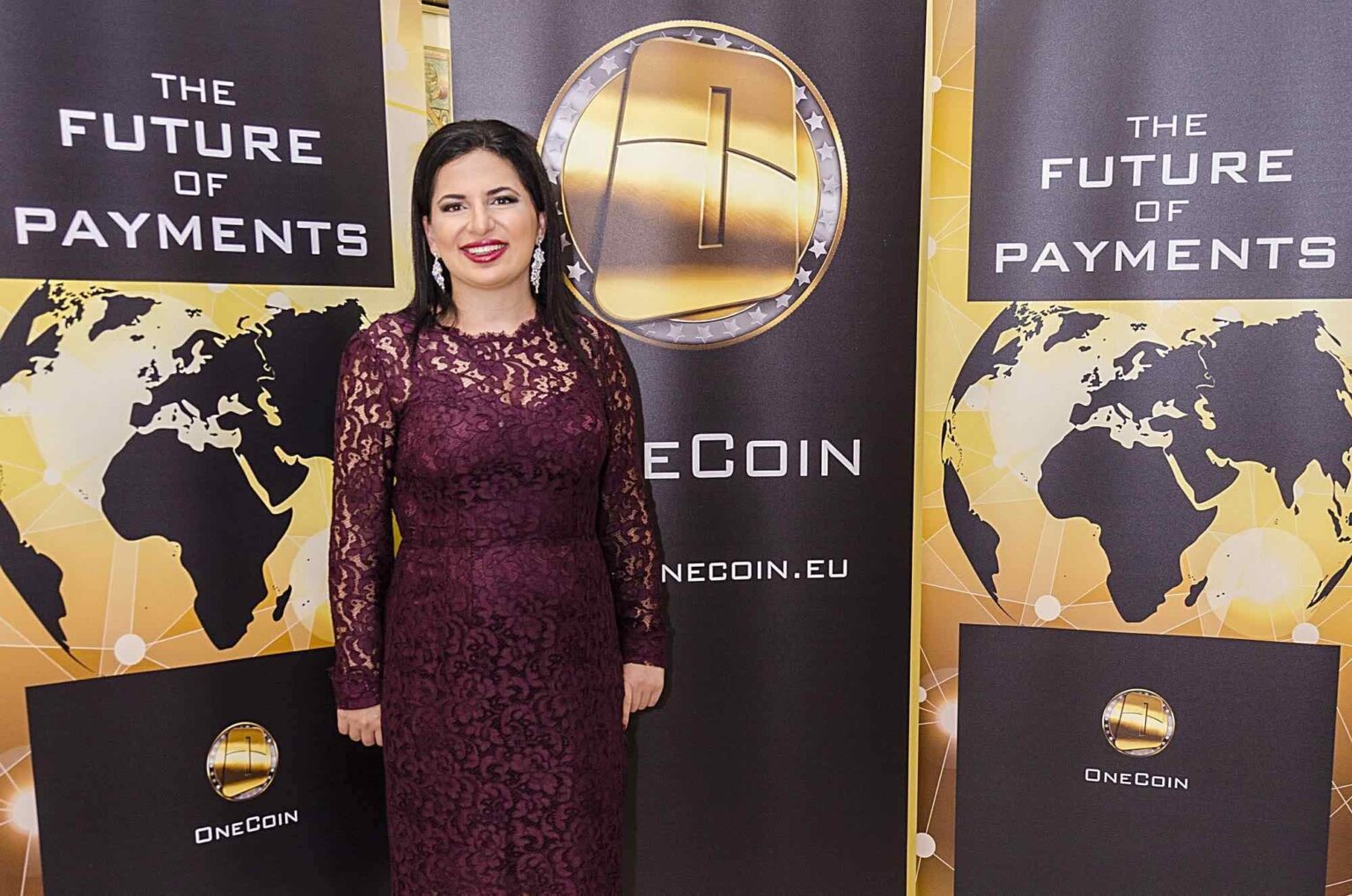
OneCoin’s CEO disappearance: Did it cause a cryptocurrency market crash?
Cryptocurrency may be utterly confusing, but one thing is clear: OneCoin was a scam. In a story full of scandal, a disappearing CEO, and international fraud, the OneCoin saga could have catastrophically damaged a form of currency that seemed to be the way of the future.
The OneCoin scandal was disastrous for the cryptocurrency reputation, so did it effectively kill cryptocurrency for good? Here’s everything you need to know about what has been said to be one of the biggest scams of the 21st century.

Who is Ruja Ignatova?
Dr. Ruja Ignatova is a 40-year-old Bulgarian woman who founded OneCoin with Sebastian Greenwood. Prior to being called the “cryptoqueen”, Ignatova was convicted of fraud in Germany after she bought a company with her father that declared bankruptcy in suspicious circumstances shortly after the acquisition.
In 2012, Ignatova received a suspended sentence of fourteen months. She created OneCoin two years after her conviction.

What was OneCoin?
OneCoin was a cryptocurrency and was considered by experts to be a Ponzi scheme, based on its organizational structure involving levels, recruiters, and tokens. OneCoin promoted itself as an educational resource with classes costing thousands of euros; however, these classes only taught people how to invest in cryptocurrency.
OneCoin only provided one way to exchange its currency: through “OneCoin Exchange”. There were exchange & selling limits, which hindered any sort of substantial form of trading.

What happened at OneCoin?
While people were buying OneCoin, you couldn’t purchase anything with OneCoin. Instead of trading it, Ignatova controlled the price of OneCoin. By doing so, while Ignatova received millions of dollars from clients, she had nowhere to put the money.
The Department of Justice reported OneCoin received over $4 billion from investors between 2014-2016. To compensate, Ignatova and Greenwood stashed money all around the world.

OneCoin even placed money on thoroughbred racehorses in Abu Dhabi and bought an oil field in Madagascar for $30 million. OneCoin also reportedly stole tens of millions of dollars from their stashes at least twice during this time.
In January 2017, OneCoin’s exchange was shut down without warning its customers. The Times, a London newspaper, called OneCoin one of the biggest scams in history.

How did Ignatova disappear?
The FBI started to investigate OneCoin and banks began blacklisting OneCoin and closed any accounts linked to the cryptocurrency. However, Ignatova already had a plan in place for her escape.
In 2017, Ignatova was dating Gilbert Armenta. Paranoid, she had someone spy on Armenta, as she believed he was working with the FBI. Turns out, Ignatova was correct. As soon as she confirmed he was working with the authorities, Ignatova fled and hasn’t been seen since October 2017.
U.S. prosecutors found an email between OneCoin’s leaders discussing what they would do if OneCoin fell apart. Ignatova’s exit strategy? “Take the money and run and blame someone else for this,” she wrote.

The aftermath
After Ignatova’s disappearance, her brother, Konstantin Ignatov, became the face of OneCoin. Previously Ignatova’s personal assistant, Ignatov stepped up when a warrant for Ignatova’s arrest was issued by the U.S. government.
Most of OneCoin’s leaders were arrested, including co-founder Sebastian Greenwood. Ignatov was arrested in March 2019 shortly after landing at LAX. Ignatov made a plea deal & pled guilty to money laundering & fraud in November 2019. Ignatov now faces a sentence of up to ninety years in prison.
In November 2019, BBC created The Missing Cryptoqueen, an investigative podcast about OneCoin. In the podcast, the reporters suggest Ignatova, the cryptoqueen herself, is in Frankfurt under a different identity.

How did OneCoin affect cryptocurrency?
While OneCoin wasn’t the sole cause of the cryptocurrency market crash, it seems to have contributed to the push for the crackdown on cryptocurrency exchange. OneCoin was just one example of fraudulent cryptocurrencies, which could be causing the push for crackdowns on the industry.
South Korea has been investigating some of the largest Korean cryptocurrency exchanges, like Coinbit and Bithumb. According to blockchain.news, Korean police raided Bithumb and took Bithumb’s data & computers, citing charges of fraud.

While the U.S. has restricted cryptocurrency companies in the past, including OneCoin, South Korea was known as one of the friendliest countries towards cryptocurrency.
These recent crackdowns could be one of the reasons Bitcoin’s price dropped $600, according to blockchain.news, since Korea’s raids could indicate future restrictions and regulations.







